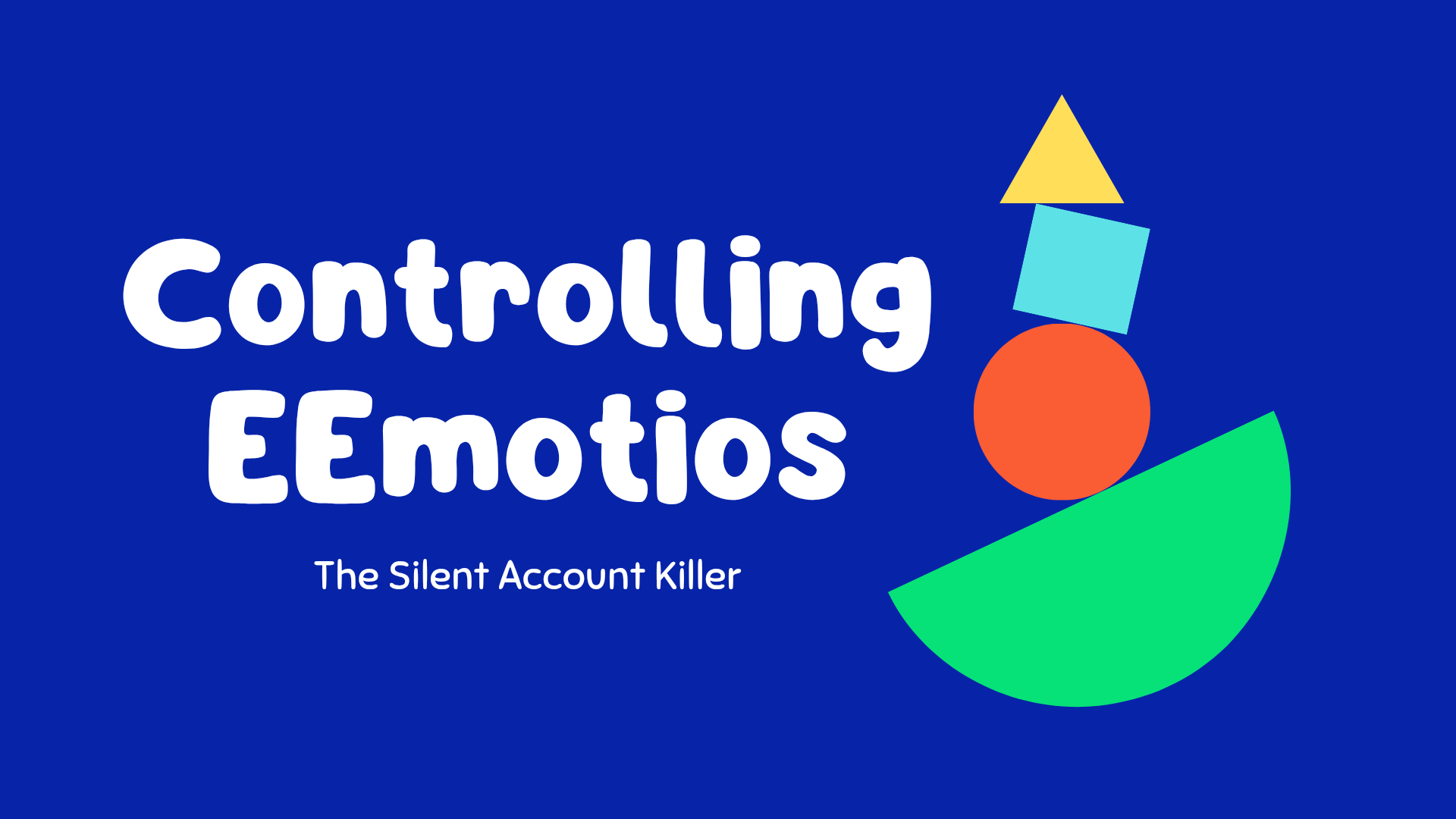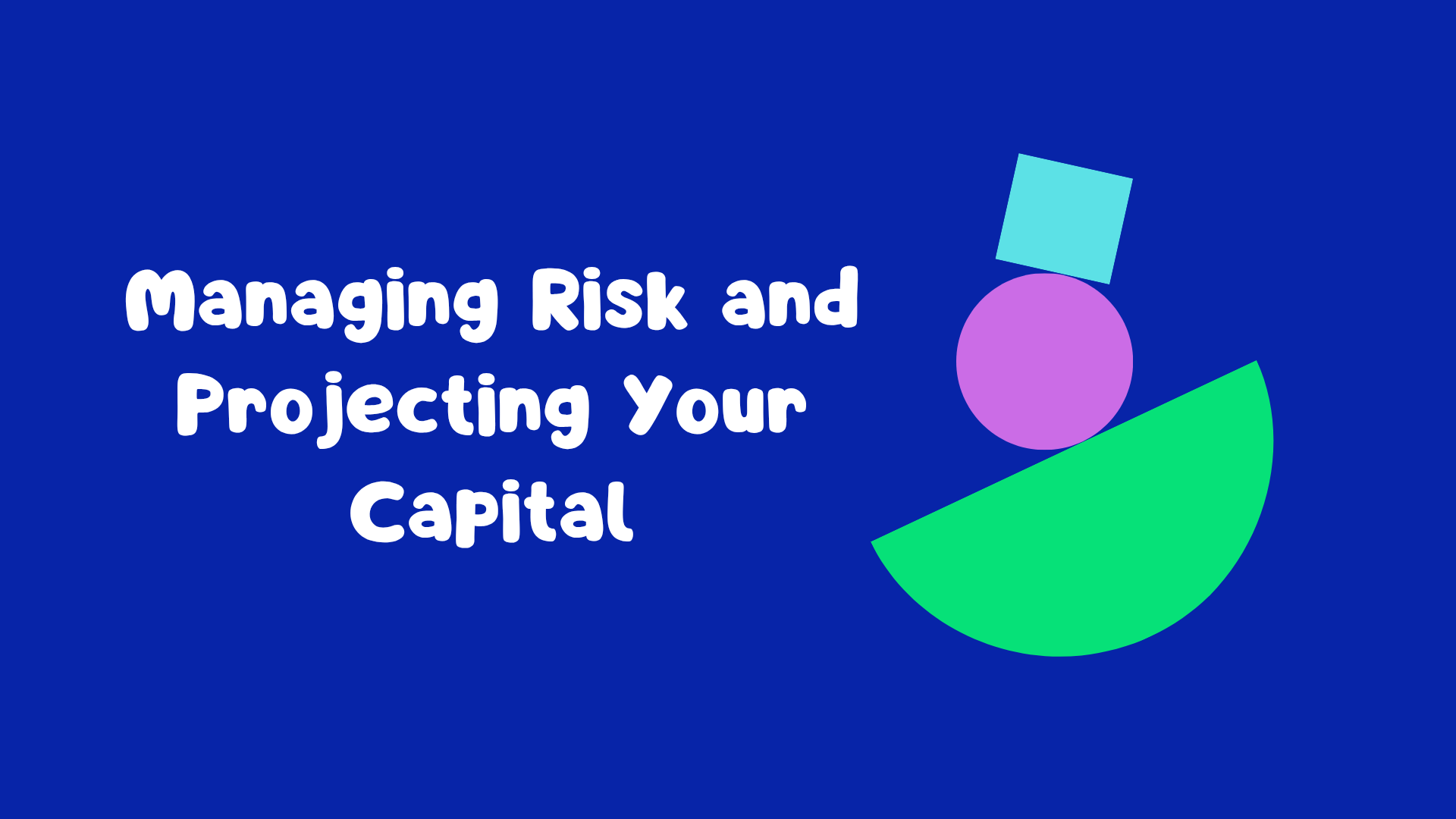Forex trading is often portrayed as a fast track to financial freedom, but the reality is far from easy. Many traders enter the market with high expectations, only to be met with one of the most mentally challenging and emotionally taxing endeavors. While technical analysis and strategy play a crucial role, the hardest part of forex trading is something few discuss—managing emotions, staying patient, handling losses, and mastering risk management.
In this article, we will break down the most difficult aspects of forex trading and provide practical solutions to overcome them.
1. Controlling Emotions – The Silent Account Killer

If forex trading were just about analyzing charts and applying strategies, everyone would be successful. However, the biggest challenge traders face is emotional control. The forex market is unpredictable, and emotions can cloud judgment, leading to costly mistakes.
Common Emotional Pitfalls:
- Overconfidence After a Win: A winning streak can create a false sense of security, leading traders to take excessive risks.
- Revenge Trading: After a losing trade, many traders jump back into the market impulsively to recover their losses, often resulting in even bigger losses.
- Fear of Missing Out (FOMO): Seeing a sharp price movement can tempt traders to enter a trade too late, often at the worst possible moment.
- Stop-Loss Frustration: One of the most painful experiences is watching the price hit your stop-loss and then move in the predicted direction.
Solution:
The best traders are those who master emotional discipline. They stick to a well-defined trading plan and do not let emotions dictate their actions. To control emotions effectively:
- Use a trading journal to track emotional triggers and improve decision-making.
- Set clear entry and exit rules to avoid emotional trades.
- Take breaks when needed to maintain a clear and focused mindset.
2. Staying Patient When the Market is Slow

One of the most frustrating aspects of forex trading is waiting for the right setup. Many beginners believe that they must always be in a trade to make money, but in reality, patience is one of the most valuable skills a trader can develop.
Why Patience Matters:
- Not all market conditions are favorable. If the market is moving sideways, forcing trades can lead to unnecessary losses.
- Overtrading increases risk. Taking multiple low-quality and low probability trades leads to higher losses and increased stress.
- Successful traders wait for high-probability setups. Jumping into trades without confirmation often results in failure. But successful traders know what they want in the market and they have the patience to wait for the right moments to take a trade even if it takes days while waiting.
Solution:
Think of trading like running a business. You wouldn’t invest in every opportunity that comes your way, so why risk money on sub-optimal setups?
- Stick to a proven trading strategy and wait for high-probability trades.
- Learn to enjoy the waiting period—the best opportunities come to those who wait.
- Keep yourself occupied with market analysis and self-improvement instead of forcing trades.
More Article: Understanding Forex Fundamentals: How Economic News Shapes the Market 101
3. Managing Risk and Protecting Your Capital

The difference between long-term success and failure in forex trading often comes down to risk management. Many traders fail not because they lack strategy, but because they mismanage their risk.
Common Risk Management Mistakes:
- Over leveraging: Using too much leverage can wipe out an account with just a few bad trades.
- Risking Too Much On a Trade: Your risk per trade should always be a small percentage of your total capital as risking too much is an account damaging mindset (You’re basically exposing your account to a greater loss)
- Trading Without a Stop-Loss: A single trade without a stop-loss can lead to catastrophic losses or further blowing an accounts.
- Chasing Losses: Emotional decision-making often leads to doubling down on bad trades, making losses even worse.
Solution:
- Never risk more than 1-2% of your trading capital per trade.
- Always use a stop-loss to protect your account from unexpected market movements.
- Focus on preserving capital rather than making quick profits—small, consistent gains lead to long-term success.
More Article: The Ultimate Forex Trading Guide: Everything You Need to Know to Get Started 101
4. Accepting Losses as Part of the Game

Many new traders struggle to accept losses, which leads to frustration and ultimately quitting the market. However, the reality is that even the best traders lose trades—it’s an unavoidable part of forex trading.
Why Losses Are Inevitable:
- Trading is a probability game. No strategy has a 100% win rate.
- Even experienced traders have losing streaks. What separates successful traders is their ability to stay patience while recovery and keep going.
- Losses provide learning opportunities. Reviewing losing trades helps refine strategies and improve decision-making.
Solution:
- Shift your mindset from avoiding losses to managing them effectively.
- Analyze your losses to identify patterns and mistakes. (Use Trading Journal To Track your Progress)
- Focus on the bigger picture—as long as your wins outweigh your losses, you’re on the right path.

A trading journal provides any serious trader who wishes to make money a tool to help them evaluate themselves objectively. CHECK OUT OUR RECOMMENDED TRADING JOURNAL
Final Thoughts: Mastering the Psychological Battle of Forex Trading
Forex trading is not just about charts, indicators, and strategies—it’s a mental game that requires discipline, patience, and resilience. The hardest part is not learning how to trade but learning how to think like a trader.
Key Takeaways:
✅ Control your emotions—don’t let fear and greed dictate your trades.
✅ Stay patient—waiting for the right setup is more profitable than over-trading.
✅ Manage your risk—protecting capital is more important than making fast profits.
✅ Accept losses—focus on long-term consistency rather than short-term results.
By mastering these challenges, you will set yourself apart from the majority of traders who struggle and fail. Success in forex trading is not about how much you can make—it’s about how well you can manage yourself in the market.
Let’s dominate the markets! 📊📈📉
Very valuable information here. I am following up too to dominate the markets
Thank you! I appreciate your feedback. Consistency and the right strategy are key to dominating the markets. Keep learning, stay disciplined, and feel free to explore more resources here. Wishing you success in your trading journey.